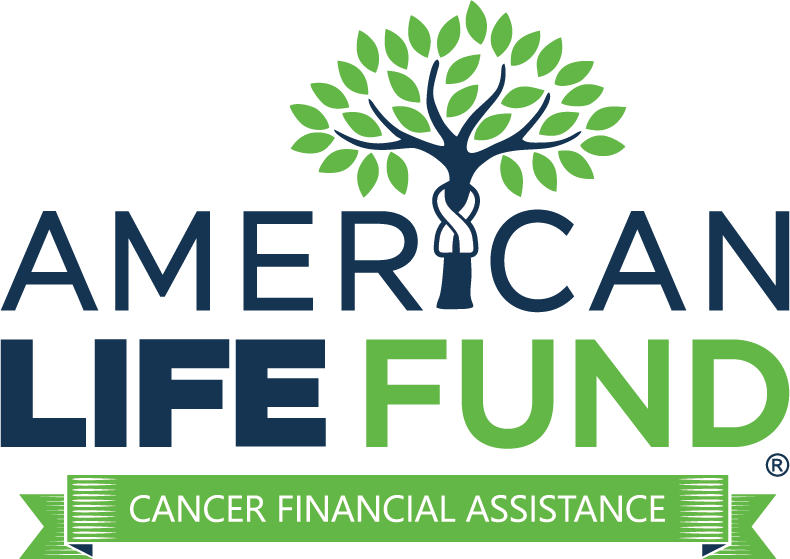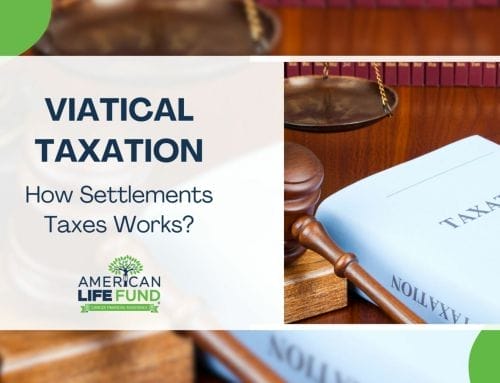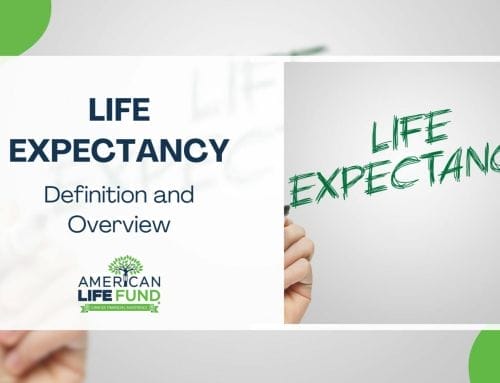Determining the value of your life insurance policy depends on several factors, including the policy type—universal, whole, term, or group—and specific policy details.
It’s important to grasp this value to guarantee comprehensive protection for you and your family. A Life Insurance and Market Research Association (LIMRA) study revealed that in 2021, only 52% of Americans possessed a life insurance policy, underscoring the potential for underinsurance among many families. This guide provides a clearer understanding of your policy’s worth and significance in financial planning.

The Value Of Your Life Insurance Policy
When exploring life insurance options, understanding your policy’s monetary value is critical. The death benefit – or pay-out amount upon passing away – relies on premium payments, age, and overall health.
For an accurate understanding of the worth of your plan, you should contact its issuer. If a greater value is desired, consider raising premiums or speaking with an expert to explore how other elements may affect the total sum.
What Does The Accumulated Cash Value Of A Life Insurance Policy Refer To?
The accumulated cash value of a life insurance policy is the amount of money you have built up in your policy over time. This accumulation occurs as part of the premiums you have paid into your policy.
A portion of each premium payment goes towards building up a cash reserve that can be accessed by taking out a loan against the policy, withdrawing money from the policy, or paying a surrender charge.
The cash value of your life insurance policy is typically much less than the face amount of the policy.
However, it’s important to understand that the cash value can form an important part of your overall financial planning for future needs such as college tuition payments, retirement income, and emergency funds.
How Life Insurance Fits Into Your Financial Plan?
Life insurance is an important component of a strong financial strategy, serving several relevant functions:
- Risk Management: It provides financial security for your family in case of your untimely death, covering expenses like daily living costs, mortgages, and education.
- Estate Planning: Life insurance helps manage estate taxes and offers liquid assets to cover estate costs, making it easier for heirs to inherit your assets.
- Wealth Transfer: It allows for tax-efficient wealth transfer to the next generation, with the death benefit typically free from income tax.
- Debt Protection: Ensures your debts, such as mortgages or loans, are not passed on to your family.
- Retirement Planning: Certain policies accumulate cash value, which can be used as a supplementary retirement fund.
- Tax Benefits: Offers tax-deferred growth on cash value and tax-free death benefits to beneficiaries.
- Flexibility: Some policies include riders who offer financial support for unforeseen health issues.
In summary, life insurance is a versatile tool that supports various aspects of personal finance, from securing your family’s future to planning for retirement.
What Is The Face Value Of A Permanent Life Insurance Policy?
The face value of a permanent life insurance policy is the amount of coverage that an individual will receive upon death. The policyholder determines this amount at the time of purchase, and it remains fixed for the duration of the policy.
The premium payments you make on your policy are used to pay for its costs, such as the actual life insurance coverage and any additional features like cash values or dividend accumulations.
The face value of a permanent life insurance policy should not be distinct from surrender value, which is typically much less than the face value due to fees associated with early termination or loans taken against the policy.

How To Increase Your Life Insurance Policy’s Cash Value?
Increasing the cash value of your life insurance policy is relatively easy. The most common way to do this is to increase the number of your premium payments.
However, you should also consider other options that can help maximize the growth of your cash value, such as choosing a policy with investment options or selecting a policy with built-in benefits like dividend payments.
Additionally, you can reduce the cost of your premiums, such as switching life insurance companies or shopping around for a better deal.
Benefits of Knowing Your Policy’s Worth
Knowing your policy’s worth gives you an idea of what funds will be available to provide for your loved ones should something happen to you. It also helps you understand if it’s time to increase coverage or adjust other aspects of your financial plan.
Knowing what your current policy offers can help make sure that all necessary financial needs are taken care of in the event something were to happen to you so that no one is left with any shortfall in funds or resources.
Additionally, knowing how much money will be available from your life insurance policies will give you peace of mind when making investments and other long-term goals for yourself and future generations.
How Much Could You Sell Your Life Insurance For?
The amount of money you can sell your life insurance policy will depend on several factors, such as the type of policy, the company it is with, and its age. It is important to note that selling your life insurance policy may result in a taxable event, so it is best to consult a tax professional beforehand.
Generally speaking, many individuals can receive 50-65% of the face value of their permanent life insurance policy in cash by selling it through a life settlement provider. If you are considering selling your life insurance policy, research potential buyers carefully and compare offers before making a decision.
Help yourself to decide and choose the right company Viatical Settlement Company.

When Could You Sell Your Policy To A Viatical Settlement Provider?
If you are a policyholder who has been diagnosed with a serious health condition, you may be able to receive a large portion of the face value of your life insurance policy in cash by selling it to a viatical settlement provider
A Viatical Settlement is a specialized transaction that allows individuals with serious illnesses, such as Cancer, ALS, or Alzheimer’s, to receive funds from their life insurance policy in exchange for a lump-sum, cash payment.
American Life Fund is the industry leader for viatical settlements and offers highly competitive offers for those who qualify. Get in touch today and learn more about their services.
What Are The Tax Implications of Selling my Life Insurance Policy to a Viatical Settlement Provider?
If you are considered terminally or chronically ill by the IRS standards, and you sell your policy to a viatical settlement provider, you may be able to exclude all or part of the viatical settlement from your income.
Learn more about Tax Implications in Our Viatical Settlement Tax Guide.
Legal and Financial Considerations When Selling Your Policy to a Viatical Settlement Provider
Selling your life insurance policy through a viatical settlement, involves important legal and financial considerations. Here’s what you need to know:
Legal Considerations
- Contracts: Review your policy to understand the rights and restrictions on selling it. Some policies may have clauses that affect your ability to sell.
- Provider Legitimacy: Due to varying state regulations, choosing a licensed and reputable provider is highly important. American Life Fund specializes in helping policyholders sell their life insurance for immediate financial relief. With American Life Fund, policyholders can expect a straightforward and supportive experience, underscored by expertise and integrity in the viatical settlement market.
- Beneficiary Rights: Changing the beneficiary to a viatical settlement provider means your original beneficiaries will not receive the death benefit. Consider the implications and inform all parties involved.
Financial Considerations
- Valuation: The settlement offer is usually less than the policy’s death benefit but more than its cash surrender value. Understand how your policy is valued and negotiate accordingly.
- Tax Implications: Generally, proceeds from selling to a viatical settlement provider are tax-free if you are chronically or terminally ill. However, consulting a tax advisor is always important.
Before proceeding with a viatical settlement, it’s important to weigh these considerations carefully. Consulting with legal and financial professionals can help you understand the complexities and ensure that selling your policy aligns with your financial goals.
What Are The Qualifications For Selling my Life Insurance Policy to a Viatical Settlement Provider?
The specific qualifications for selling your life insurance policy to a viatical settlement provider can vary by company, but typically include:
Policy Type and Size: The policy should typically be a permanent life insurance policy (like whole or universal life) or a term policy convertible into a permanent policy, with a face value usually of at least $100,000.
Age and Health of the Insured: Viatical settlements are primarily intended for those with a life expectancy of less than two to ten years due to a serious, chronic, or terminal illness.
Policy Age: Some companies require the policy to be at least two or three years old due to contestability clauses in most insurance policies.
What Are The Benefits of Selling my Life Insurance Policy For a Viatical Settlement?
Immediate Cash: A viatical settlement can provide immediate liquidity to policyholders who need funds for medical treatment, debt reduction, or any other purpose.
Stop Paying Premiums: Once the policy is sold, the policyholder no longer needs to make premium payments.
Higher Value Than Surrendering: In many cases, selling a policy through a viatical settlement can yield a higher cash amount than surrendering the policy back to the insurance company.
Conclusion
Life insurance policies can have significant value in providing for your loved ones should something happen to you and as an investment option. Knowing the worth of your policy is an important part of managing your finances and understanding how it fits into your overall financial plan.
Knowing this information is essential for guaranteeing that your family has enough resources in the unfortunate event of something happening to you. To learn more about how you can cash in your life insurance early through a viatical settlement, contact us at American Life Fund today!





